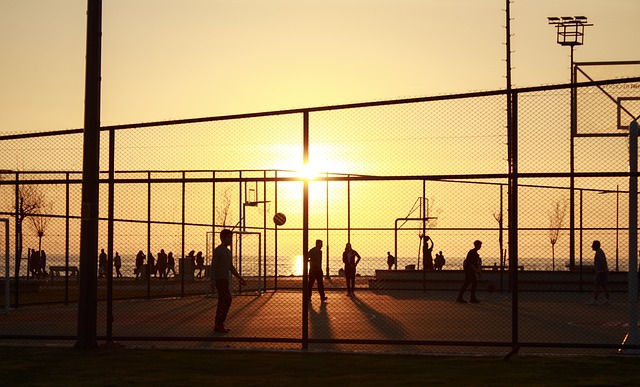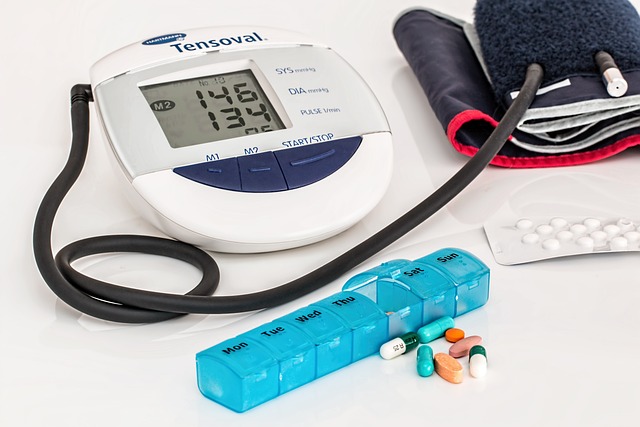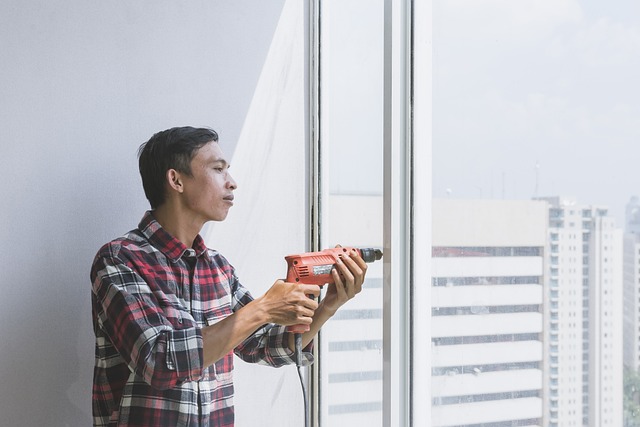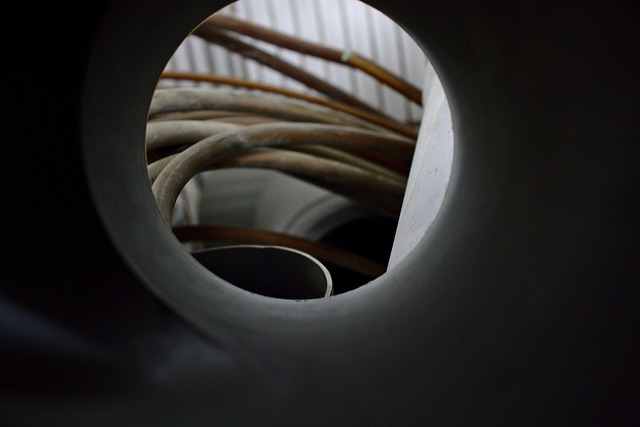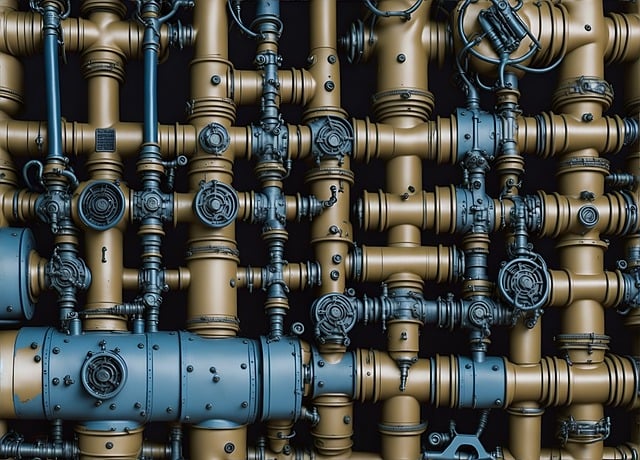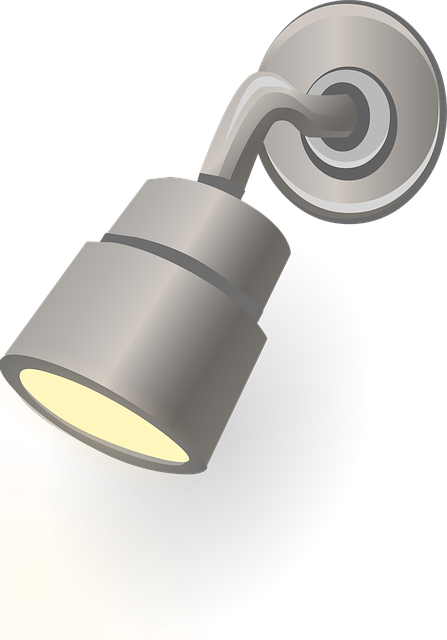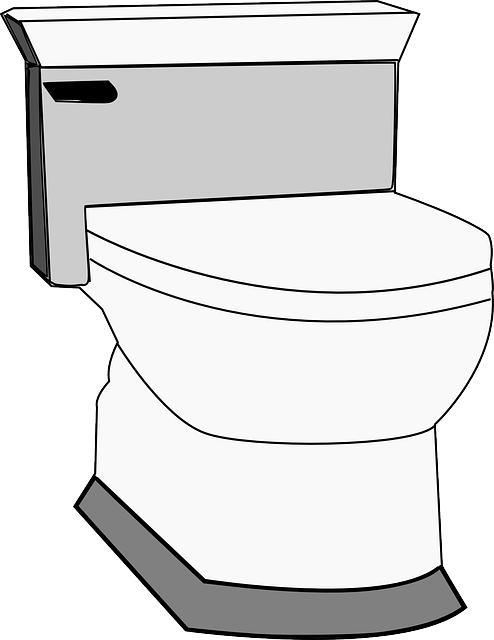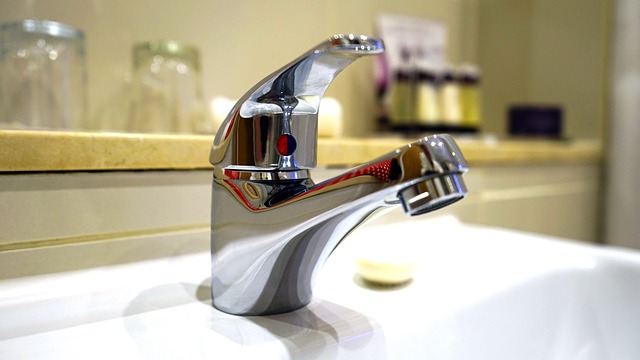Regular filter replacements and routine inspections are plumbing maintenance tips that prevent serious issues. Old filters cause reduced water pressure, fixture damage from sediment buildup, and potential health risks by trapping bacteria and contaminants. By addressing them promptly, you ensure leak prevention, maintain optimal water pressure and fixture functionality, save money on utility bills, and extend the lifespan of your plumbing components.
Staying on top of your home’s plumbing maintenance, particularly regular water filter replacement, is crucial for ensuring clean, safe drinking water and optimal water pressure. Old filters can lead to harmful bacteria growth, sediment buildup, and reduced pressure, impacting both health and convenience. This article guides you through the importance of frequent filter changes, provides a step-by-step tutorial on plumbing maintenance tips, and emphasizes long-term benefits like leak prevention and improved water pressure through regular inspections and clean filters.
- The Importance of Regular Water Filter Replacement
- – Discuss the impact of old filters on water quality and health
- – Highlight sediment buildup, bacteria growth, and reduced water pressure as issues caused by outdated filters
The Importance of Regular Water Filter Replacement
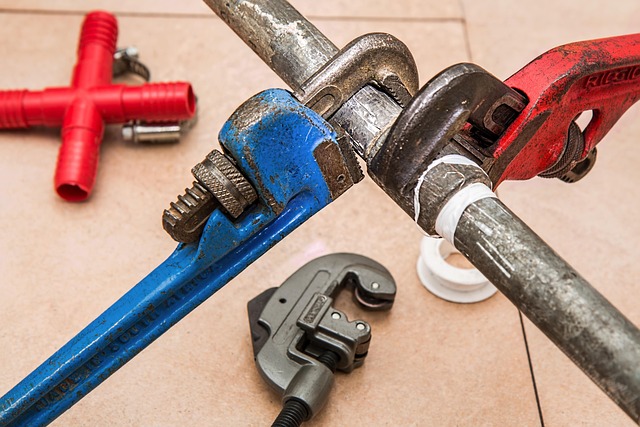
Regularly replacing water filters is an essential aspect of plumbing maintenance tips that often goes overlooked. It’s a simple yet powerful way to ensure your home’s water supply remains clean and safe. Over time, old or dirty filters can lead to various issues. Sediment buildup, for instance, can reduce water pressure and even cause damage to fixtures. By conducting regular inspections and replacing filters as needed, you’re not just saving yourself from potential plumbing disasters but also enhancing the performance of your entire system.
When it comes to leak prevention, clean filters play a crucial role. Clogged or worn-out filters can contribute to water wastage and unusual noises from fixtures. Keeping them maintained ensures smooth operation, saves money on utility bills, and extends the lifespan of your plumbing system. Remember, proper water filter maintenance is an integral part of proactive plumbing care, allowing you to enjoy clean water without compromising on health or efficiency.
– Discuss the impact of old filters on water quality and health
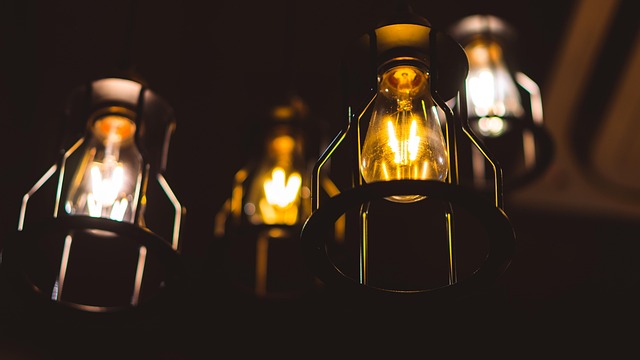
Old or neglected water filters can significantly impact your home’s water quality and, consequently, your health. Over time, filters accumulate sediment, bacteria, and other contaminants, which can reduce water pressure and compromise the performance of your plumbing system. This not only affects the taste and odor of your water but also poses potential health risks. Sediment buildup can block crucial components of your water filtration system, reducing its efficiency in removing harmful substances like lead, chlorine, and other pollutants. Regular inspections and timely filter replacements are essential aspects of comprehensive plumbing maintenance tips to ensure a constant supply of clean, safe water.
Moreover, preventing leaks and maintaining proper water pressure is closely tied to using well-maintained filters. Clogged or old filters can contribute to leak prevention by ensuring your fixtures and pipes are functioning optimally. Regular filter replacement forms part of a proactive approach to plumbing maintenance, allowing you to avoid costly repairs and potential health issues associated with contaminated water. This simple yet effective step is a key component of maintaining the overall efficiency and longevity of your home’s plumbing system.
– Highlight sediment buildup, bacteria growth, and reduced water pressure as issues caused by outdated filters
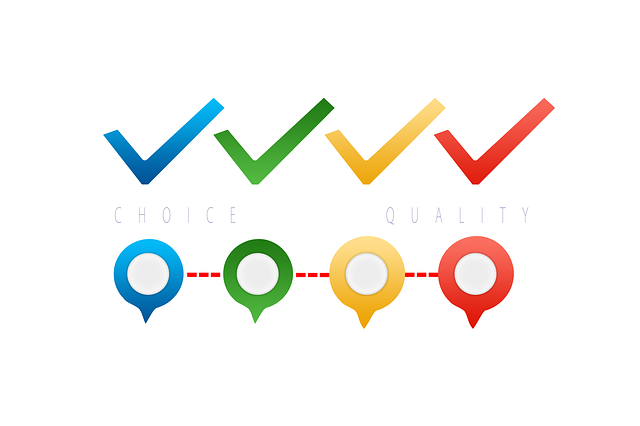
Outdated water filters can lead to a host of issues within your plumbing system. One of the most visible problems is sediment buildup, which occurs when old or damaged filters are unable to trap particles effectively. This accumulation not only reduces water clarity but can also clog pipes and fixtures over time, leading to costly repairs and leak prevention challenges. Furthermore, bacteria growth flourishes in stagnant, unfiltered water, posing potential health risks.
Additionally, as filters age, they lose their ability to maintain optimal water pressure, which is essential for the proper functioning of every fixture in your home. Reduced pressure can result in weak or intermittent water flow, impacting your daily routines from showering to doing laundry. Regular inspections and prompt replacement of water filters are vital plumbing maintenance tips that ensure sediment removal, preserve water pressure, and safeguard against bacteria growth, contributing to both leak prevention and the longevity of your fixtures.

